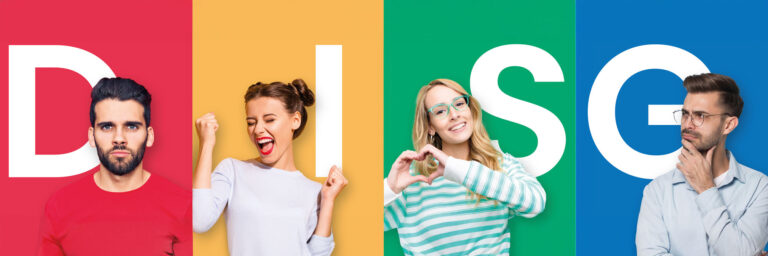“Learning Never Stops.” There’s some truth to this saying. Because in life, we encounter situations where we must acquire new knowledge. From a young age and as we grow older and more independent, the need for knowledge increases. And this knowledge isn’t just limited to what we learn in school; it extends to many other areas. How do you file your first tax return? Where do you register your new apartment? What was the secret recipe for those delicious dumplings again? All these questions bombard us, and we must find a way to become self-sufficient. Now it’s time for self-directed learning – for the rest of our lives. Here’s how to make learning easier for yourself.
Learning competency has many facets
Self-directed learning as a competency is important not only when moving into your first apartment but in all phases of life. When new technologies or methods are introduced in the job, they often need to be learned. And if you still struggle with the new program even after its introduction, it’s time to either dive into learning it yourself or continue to struggle. The numerous sources of information, such as the internet, seminars, or books, help you with further education. It’s also beneficial for our personal development to occasionally delve into an unfamiliar topic. This way, we broaden our horizons.
Self-directed learning in three phases
If we want to approach self-directed learning in a structured way, we can identify three phases.
Phase 1: Planning Phase
When it comes to self-directed learning, you should envision the first step as planning a trip. After all, you wouldn’t spontaneously go to the airport without luggage, tickets, and your passport to travel to a foreign country. You first determine your travel dates and destination. Then you think about what activities you want to do and what you need to pack for your trip. You can follow a similar process when you want to teach yourself a new topic or further your education.
If you want to succeed, realize that planning is part of the learning process. Here are some questions you need to consider in the first phase:
- What topic do you want to learn?
- How much time can you dedicate to the learning process each week or per day?
- Do you need additional learning materials or tools to learn the topic?
Phase 2: Performance Phase
Once your learning phase is planned out, it’s time to get started. The learning adventure begins. This second phase is probably the most challenging and demanding phase of your learning process. When you start learning, you may realize that your planning was too optimistic. Now, it’s crucial to give yourself regular feedback by comparing your planning with reality. To do this, you must observe and perceive yourself and your process. If you notice that you’re progressing slowly with reading a textbook, take more time. Maybe remove another book or instructional video from your plan. By doing so, you’ll have more time for that one book and study it more intensively. Again, “quality over quantity” applies here! It’s not about the quantity of content but about understanding the topic. Continuous feedback to yourself promotes effective learning. The following questions can help you assess your performance:
- Am I sticking to my learning plan?
- Am I pursuing my original learning goal?
- Am I coping with the topic, or is it too complicated?
- Am I enjoying the learning process?
Phase 3: Self-Reflection Phase
After learning a topic, it’s time for self-reflection. You evaluate what went well and what didn’t go so well on your learning adventure. This step is essential for future learning phases because it shows you what you can do better in the future. Was the planning too optimistic? Was time too short? Was your learning method effective? What do you remember? Are there areas you didn’t cover? Did this personal development help you? Often, it also helps to talk to others about their (similar) learning processes and what could have gone differently or better. This final phase will help you learn to self-direct better in the future and develop as you see fit.
Even more learning competency?
You’ve now had a brief glimpse into the three phases of the learning process. These phases are crucial for whether you achieve your learning goal or not – especially when it’s self-directed.



